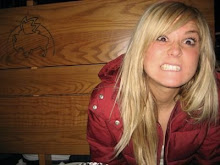Chapter 2 The Second Transformation
I. Republican Tradition
Aristilian definition:
man is a social and political animal; a good polity is made up of good, virtues citizens; the polity encourages civic virtues; citizens are all equal; coruption must be prevented (potential causes: factions--diverse, competing interests, political conflicts, or government tyranny). "The task of republicans, then, is to design a constitution that reflects and somehow balances the interests of the one, the few and the many by providing for a mixed government of democracy, aristocracy, and monarch so constituted that all three components will finally concur in the good of all."
2 divergent types of republics:
aristocratic: elect a trustee
democractic: more concerned with factions--the few--then the mny (like Madison?).
II. Representation
"Since it was impossible in a large state for the people to meet as a legislative body, they must choose representatives to do what they could not do themselves" (29) (Montesquieu 1748).
Consequences of the transition from city/state to nation/state:
-increase in no. of political institutions (beauracracy?)
-factionalism
-increased conflict (atleast seen/viewed as normal, now...since there are so many different interests within each n/s)
"consequently, the ancient belief that citizens both could and should pursue the public good rather thn their private ends became more difficult to sustain, and even impossible, as "the public good" fragmented into individual and group interests" (30).
III. Political Equality
Chapter 4 Guardianship
Thursday, September 27, 2007
Subscribe to:
Comments (Atom)
